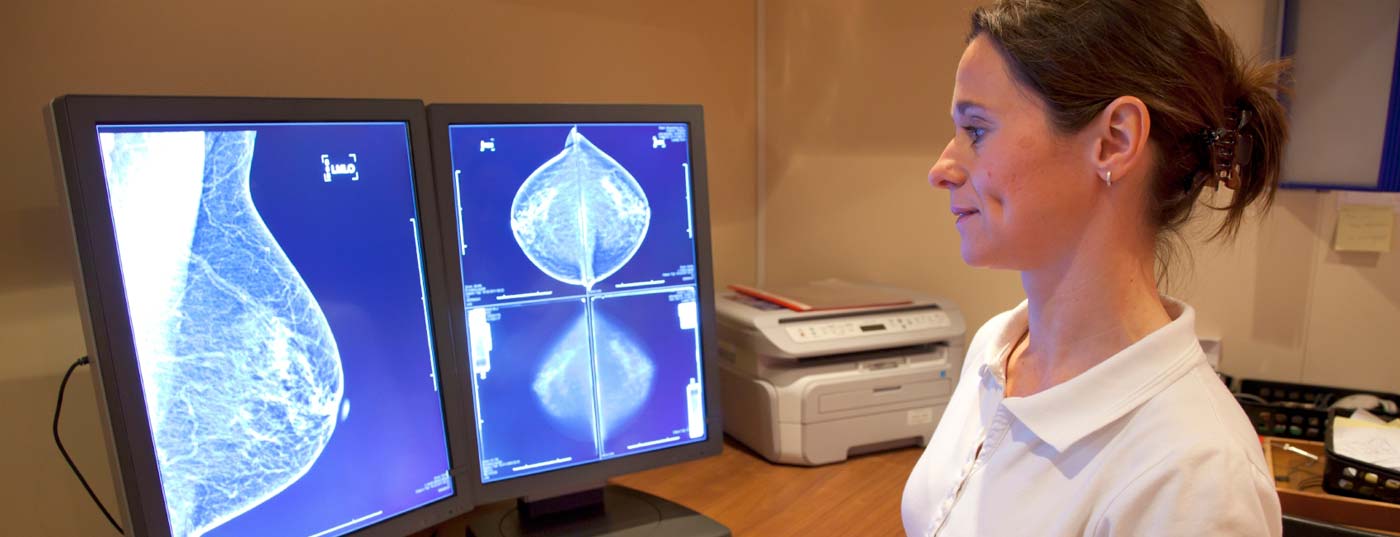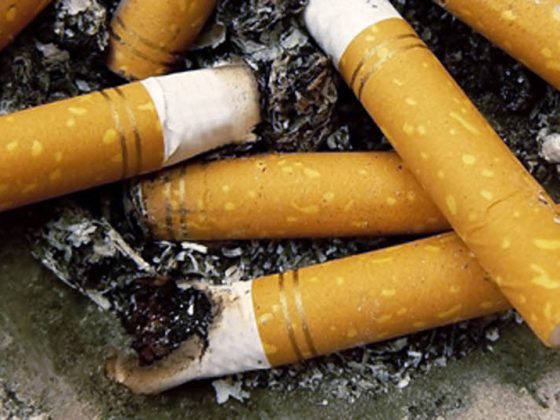There are several epidemiological studies linking soy to a reduced risk of breast cancer or recurrence. At the same time, the phytoestrogens contained in soy, genistein and daidzein, achieve a similar hormonal effect as estrogen. Consequently, may women with estrogen-dependent growing breast cancer eat soy products? And what exactly is the specific impact of soy on breast cancer carcinogenesis? The controversy is fueled by a new study.
(ag) The American Institute for Cancer Research (AICR), after reviewing various epidemiological studies, considers the consumption of soy-containing foods after breast cancer to be safe as long as it is within normal limits. However, many questions about this issue would remain unanswered: does soy protect against breast cancer or prevent recurrence? And what happens with larger quantities as well as concentrated supplements?
RCT is dedicated to the topic
Of course, epidemiologies cannot resolve the question of the exact mechanism. To date, however, there are few and sometimes contradictory studies on the specific influence of soy on genes and signaling pathways associated with breast cancer. A randomized controlled trial from the Journal of the National Cancer Institute now explored this question in more detail.
140 women with newly diagnosed early-stage breast cancer received 1:1 either soy supplementation (equivalent to approximately 250 g tofu/tgl) or placebo – this for 7-30 days until surgery. Adherence was assessed by plasma genistein and -aidzein.
These two phytoestrogens were found to increase significantly with supplementation and remained the same with placebo.
Adverse effect cannot be ruled out
In the before-and-after comparison of tumor tissue, a statistically relevant change in expression was detected for 21 genes. Significant in the soy group was the increase in FGFR2 in particular, but also in E2F5, BUB1, CCNB2, MYBL2, CDK1 and CDC20 – factors involved in the cell cycle and cell proliferation. The expression of FANCC and UGT2A1 genes also increased sharply under supplementation. Although the exact effect of increased expression of these two genes on breast cancer is not certain, they have potential impact on carcinoma biology, according to the researchers.
If this result is to be believed, the intake of soy in breast cancer should be restrained. At least in some women, gene expression could be adversely affected by this.
Source: Shike M, et al: J Natl Cancer Inst 2014; 106(9): dju189. doi:10.1093/jnci/dju189.











